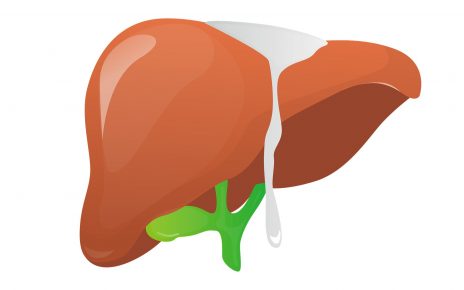Piers Morgan jokes about getting lunch with Kate Middleton
We use your sign-up to provide content in ways you’ve consented to and to improve our understanding of you. This may include adverts from us and 3rd parties based on our understanding. You can unsubscribe at any time. More info
First developing Covid in July 2021, shortly after the Euro 2020 final the star revealed that he was suffering from multiple symptoms. This includes a strong fever, violent coughing, chills and sneezing fits that left him “exhausted and fearing what might come next”. In the months that followed the presenter’s fears were seemingly met as his symptoms continued. Amidst the lack of smell and taste for that length of time, what seemed to affect him most was the “endless fatigue”, which he said was “really debilitating”.
Speaking on an episode of the hugely successful podcast The Diary of a CEO with Dragon’s Den star Steven Bartlett, Morgan recalled the tough period in his life.
He said: “The most frustrated I have ever been is that I got long Covid last year after I got the Delta variant. I had a week of really bad illness and then six, seven months of long Covid.
“No taste, no smell, endless fatigue, no energy. Which for me was the worst thing.”
Comparing the effects of the virus to past ailments such as breaking his ankle, Morgan said that over time, the inability to be able to do things he wanted was “depressing”.

Not one to show his emotion very often, Morgan continued to say: “As months went on, no doctor could tell you what the cure is. I have great sympathy for all the millions of people out there with some form of long Covid.
“It is a very brutal virus, even if you have been, as I was, fully vaccinated. It can cause you a lot of problems.”
According to data by the Office for National Statistics (ONS), as of April 7 2022, an estimated 1.7 million people living in private households in the UK were experiencing self-reported long Covid.
The definition of the term is symptoms of Covid that have persisted for more than four weeks after the first suspected coronavirus infection.
In addition, of people with self-reported long Covid, 422,000 (24 percent) first had (or suspected they had) the virus less than 12 weeks previously, 1.2 million people (69 percent) at least 12 weeks previously, 784,000 (45 percent) at least one year previously and 74,000 (four percent) at least two years previously.
The list of possible long Covid symptoms seems to be evolving over time, but fatigue continued to be the most common symptom closely followed by shortness of breath, loss of smell and muscle ache.
Other possible symptoms of long Covid can include:
- Difficulty sleeping
- Anxiety and depression
- Heart palpitations
- Chest tightness or pain
- Joint or muscle pain
- Not being able to think straight or focus (brain fog)
- Change to your sense of smell or taste
- Persistent cough.
“As I sat there month after month after month with the energy not coming back and no taste. I couldn’t drink my favourite fine wine, only cheap wine… It made me realise that if you have good health then you have a wealth.
https://www.youtube.com/embed/mW6jgKCKqiA
“Far better than any actual or physical wealth. If you have got your health, make the most of it.”
With long Covid having become a far too familiar notion in the past few years, demand for a successful treatment, which is effective for the majority of individuals is wanted more than ever.
Although it appears to be a long way off yet, research from the University of Birmingham’s Centre for Patient-Reported Outcomes Research in the UK has developed and validated a comprehensive questionnaire designed to help pin down a definition of long Covid.
From these results it is hoped that clinicians and medical professionals will be able to give patients a quicker diagnosis and management tips.

Giving his own advice to long Covid sufferers, Morgan said that he was able to get some of his energy back by sleeping: “I just sleep when I’m tired,” he said.
“Makes no sense after that ridiculous schedule – but [I’ve] got my energy back.”
For those who have been affected severely by long Covid, they may be referred to specialist rehabilitation services or a service that specialises in some of the specific symptoms they have.
Other individuals are advised to pace themselves and take frequent short breaks when needed. It is also recommended they try to do some form of exercise, such as going for short walks or doing simple strength exercises.
Source: Read Full Article



